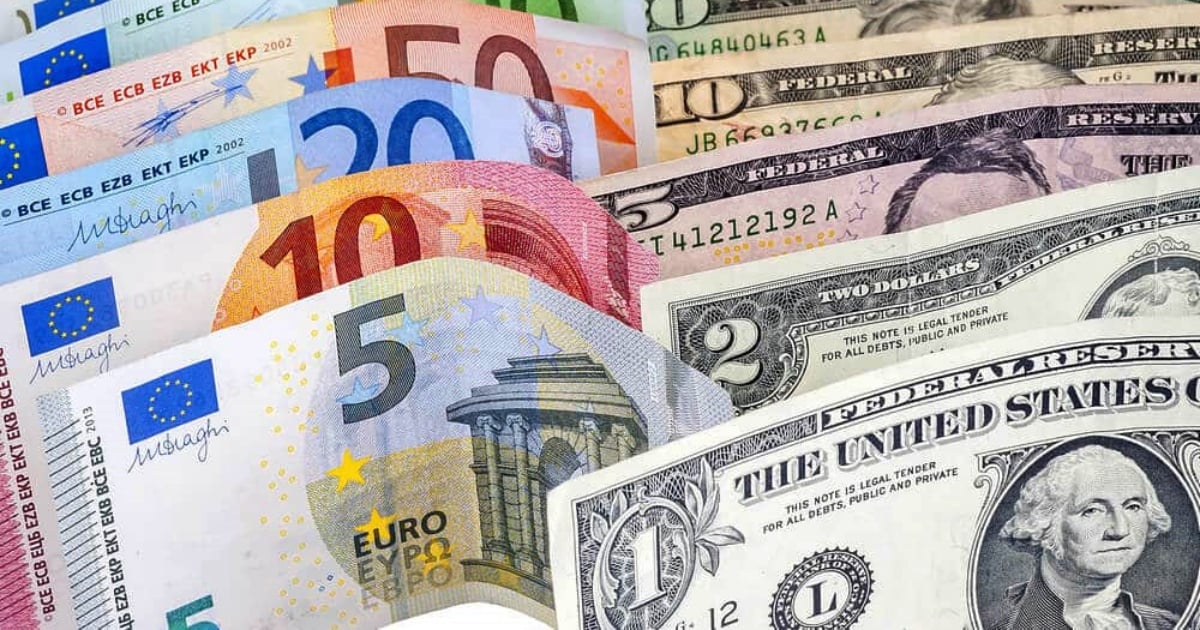The esteemed journal Applied Economics, internationally recognized for validating groundbreaking contributions and practical applications in economics, has endorsed the methodology used by the platform elTOQUE to calculate exchange rates in Cuba's informal currency market. This endorsement significantly highlights the platform's work, which has been under constant scrutiny from the Cuban regime that aims to discredit its algorithms and analyses, labeling them as speculative and unreflective of reality.
In the article titled "Using AI in the Informal Currency Market: Evidence from Cuba," published in October 2024, the innovative application of artificial intelligence and natural language processing (NLP) techniques to calculate the Informal Market Representative Rate (TRMI) is elaborated. This recognition was reported by elTOQUE on their website.
Innovative Data Extraction for Accurate Rate Calculation
According to elTOQUE, the article details their process of extracting unstructured data from social media and classified sites where users post currency exchange offers. The study's authors, Pavel Vidal, Carlos Enrique Muñiz Cuza, and Abraham Calas Torres, are academics associated with Javeriana Cali University, Aalborg University, and elTOQUE, respectively.
The system leverages NLP tools like FreeLing to perform syntactic and semantic analysis of messages, identifying keywords, classifying buying or selling intentions, and determining the currency and price involved. The exchange rate is then calculated using the median of values posted over a 24-hour period, after filtering out extreme values.
Peer Review and Academic Validation
Economist Pavel Vidal noted the methodology's unique and innovative approach to tackling the challenge of extracting unstructured data from social networks and classified ad sites, as opposed to relying on more organized information like other initiatives.
The article underwent a rigorous double-blind peer review process, a standard practice in scientific journals that ensures impartiality and quality. Its publication thus stands as a solid endorsement against critics questioning the platform's objectivity.
Three experts provided positive evaluations, with one suggesting the inclusion of a spillover analysis to assess how the movements of one currency might influence others in the informal market, offering a more comprehensive view of interactions. Another reviewer recommended expanding robustness tests within econometric models, verifying whether results remain consistent under various assumptions or scenarios.
Defending Against Government Criticism
The validation from Applied Economics comes at a time when the Cuban government has attempted to blame the independent outlet elTOQUE for the devaluation of the Cuban peso and existing inflation. Official media have questioned the reliability of TRMI data, claiming they are based on unverifiable buying and selling intentions.
The journal's publication not only counters the government's hypothesis of elTOQUE's supposed influence on the parallel exchange rate but also provides significant international backing for the relevance and precision of its data in understanding the dynamics of Cuba's informal currency market.
In May, elTOQUE published an editorial defending itself against the Cuban government's accusations, which hold the platform responsible for the national currency's devaluation. Weeks earlier, the regime intensified a campaign in its press and on social media accounts of its supporters, aimed at discrediting the platform, which daily reports currency price fluctuations in the informal market.
However, elTOQUE saw this as merely another attempt by the Communist Party to scapegoat the website for its failures, rather than acknowledging its responsibility for the country's deepening crisis. In response, the platform strengthened controls for calculating the representative rate, amid growing suspicions of attempts to artificially inflate or deflate values with fake ads.
ElTOQUE pointed to a campaign by "government actors associated with State Security and Communist Party propagandists" since April, attempting to delegitimize the outlet and its methodology for rate calculation.
